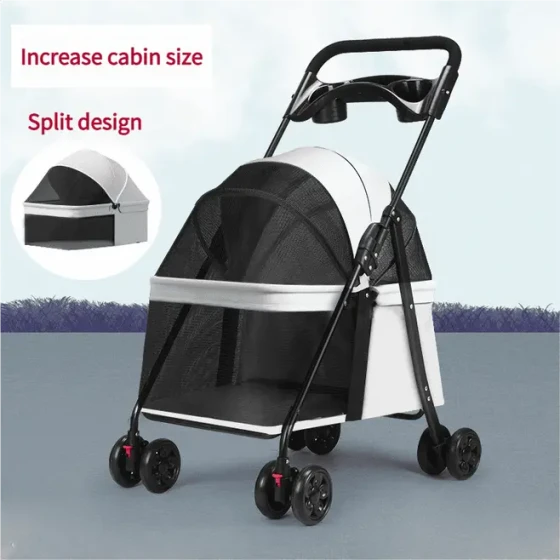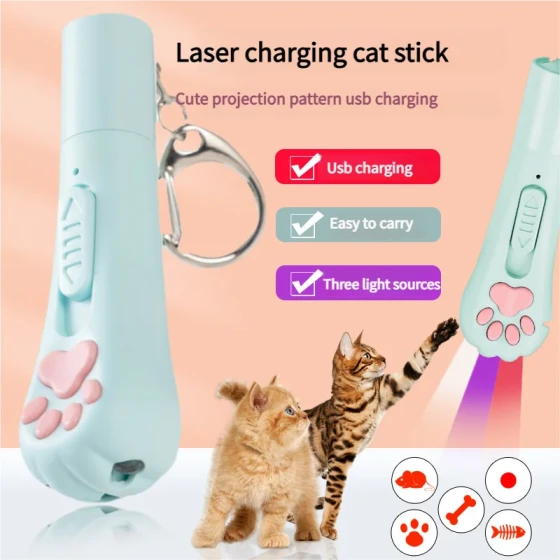Precautions for Cat Vaccination

American Shorthair Cat
1. Vaccinate healthy dogs and cats strictly according to the manufacturer’s vaccine instructions on time, with the right dosage and frequency. It is best not to vaccinate pregnant dogs or cats with live attenuated vaccines.
2. Perform health checks and deworming before vaccination to achieve better immune effects. Sick and weak dogs or cats should not be vaccinated.
3. Newly bought or gifted dogs and cats, especially those recently purchased from the market, may have contacted diseased animals and been exposed to new environments. Generally, they should not be vaccinated immediately. The solution is to first inject preventive serum, which provides about two weeks of immunity. After two weeks, once the animal is healthy and adapted to the new environment, perform health checks and age-appropriate deworming before vaccinating.
4. Dogs and cats kept indoors without going outside still need vaccination. Because although the dogs and cats do not go out, if the owner goes out, pathogens might be brought home and infect them.
5. Puppies and kittens under the vaccination age generally should not be vaccinated, especially not with live attenuated vaccines. At this time, antibodies obtained from colostrum still largely exist in their bodies. Vaccinating at this time causes interactions between the vaccine and maternal antibodies, resulting in loss of vaccine effectiveness. Extensive studies confirm that due to individual differences in colostrum ingestion and maternal antibody levels, the duration of these antibodies varies, lasting from 4 to 20 weeks.
Maternal antibodies interfere with vaccine effectiveness. Usually, at 12 weeks of age, the maternal antibodies have dropped to non-interfering levels; some individuals reach this at 8-9 weeks; others only at 18 weeks. Therefore, according to the imported canine sextuple vaccine instructions, vaccination of puppies can begin at 6 or 8 weeks old, with booster shots every 2-3 weeks. The last injection should be at 16 or 18 weeks old, and at the minimum 12 weeks, aimed at eliminating maternal antibody interference.
Fourteen days after the last canine sextuple vaccine injection, the dog will have immune protection against disease. For kittens receiving imported feline triple vaccine, the initial immunization should begin at 9 weeks old, with a second vaccination 3 to 4 weeks later (when kittens are 12–13 weeks old). Seven days after the second vaccination, effective protection against feline respiratory disease pathogens is established.
6. A good surrounding environment supports better immune responses. Conditions that are too cold, too hot, overly humid, poorly ventilated, or new environments can cause different stress reactions in dogs and cats, reducing their immune response to vaccines. This may result in poor or no immune protection after vaccination. Therefore, vaccine immunization is best carried out in spring or autumn. (Source:PetsZone)


